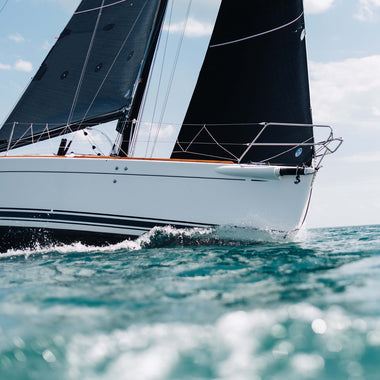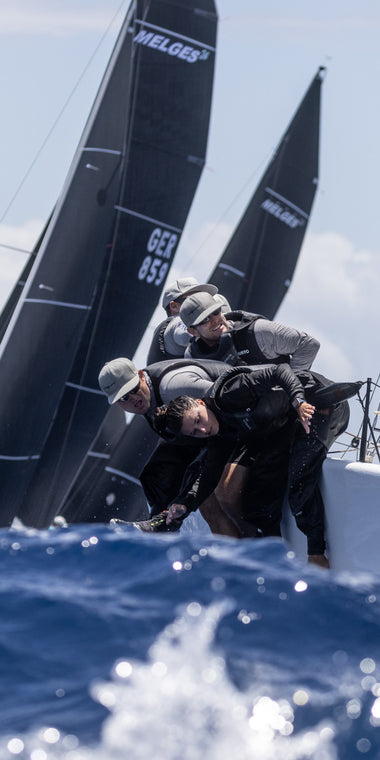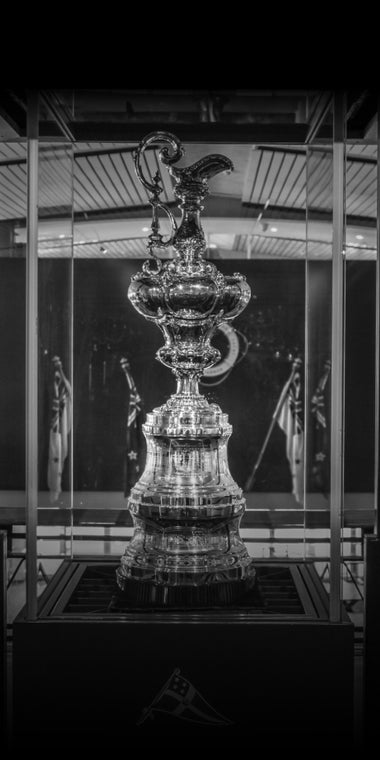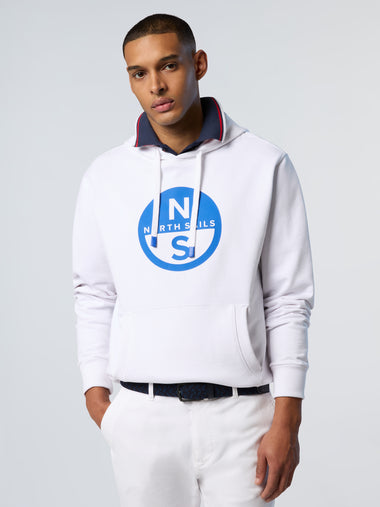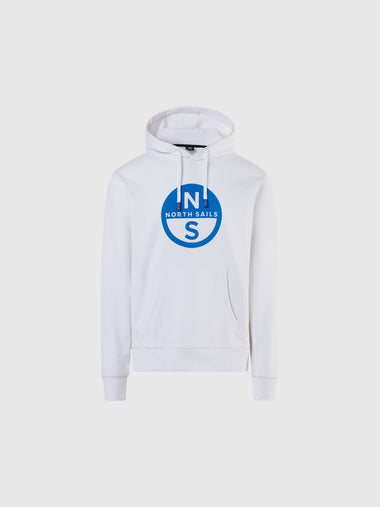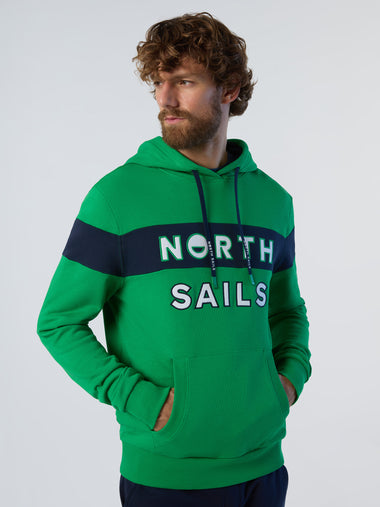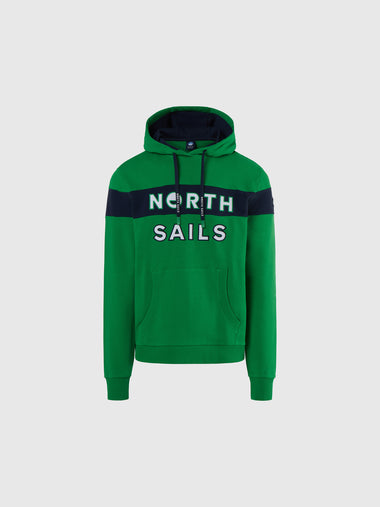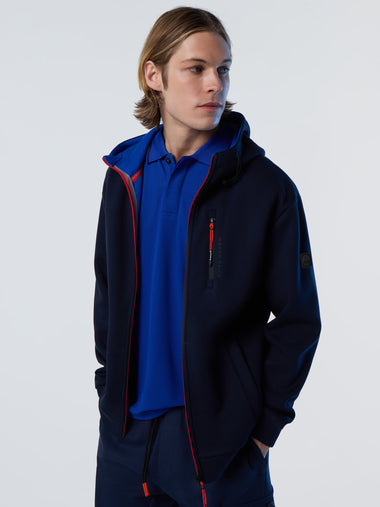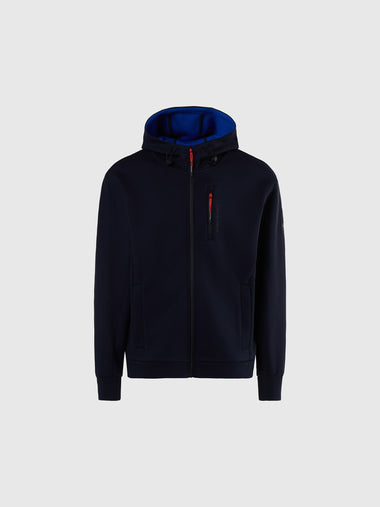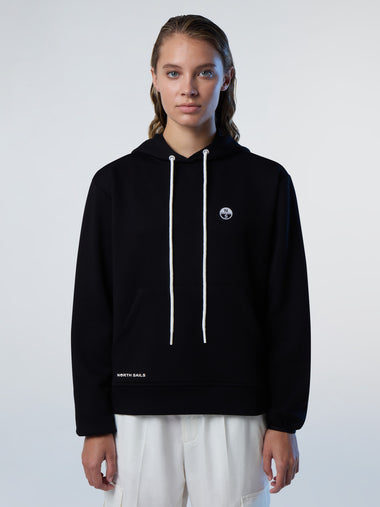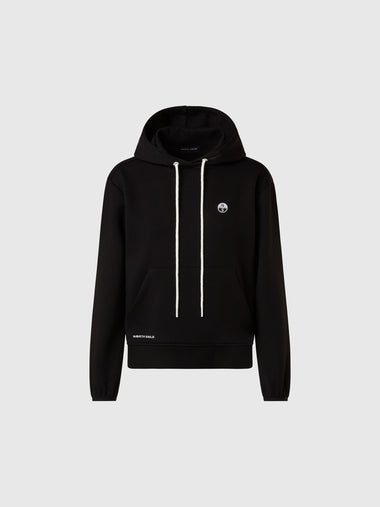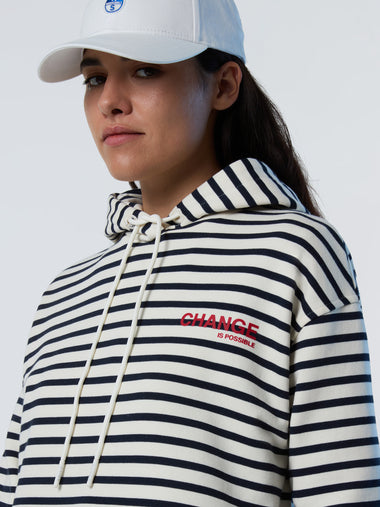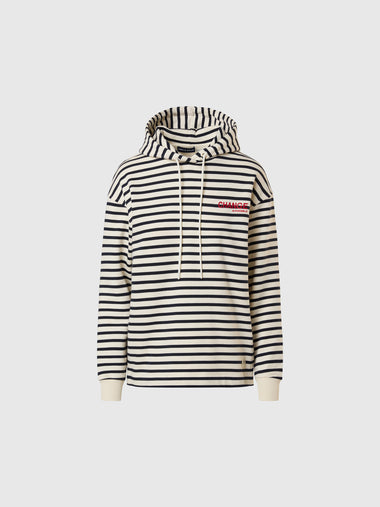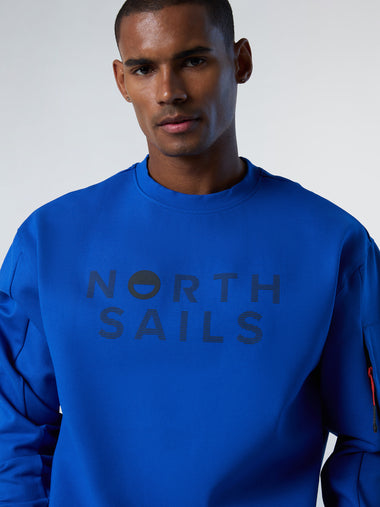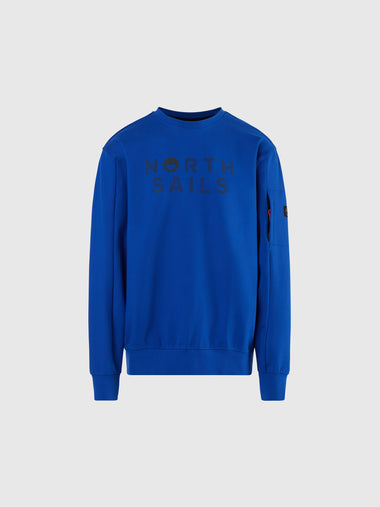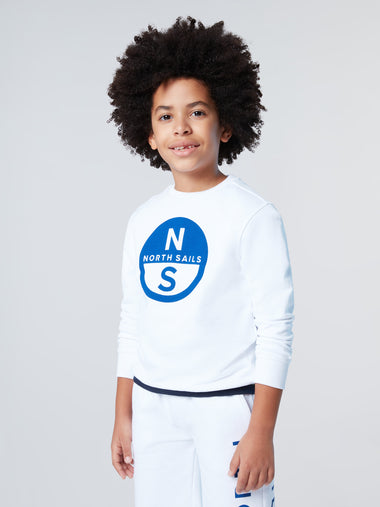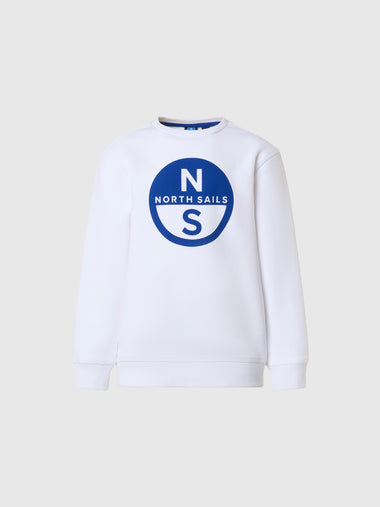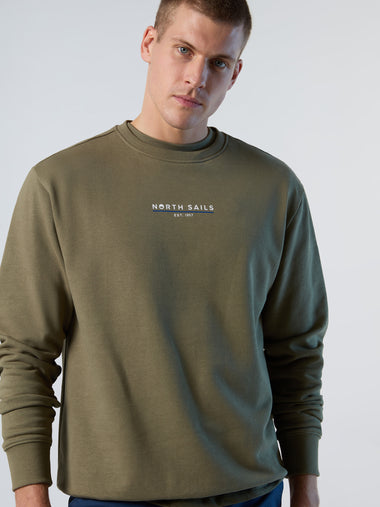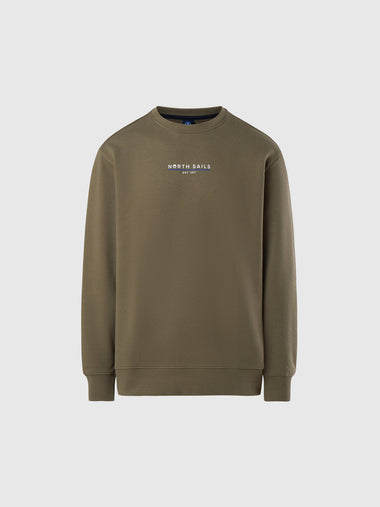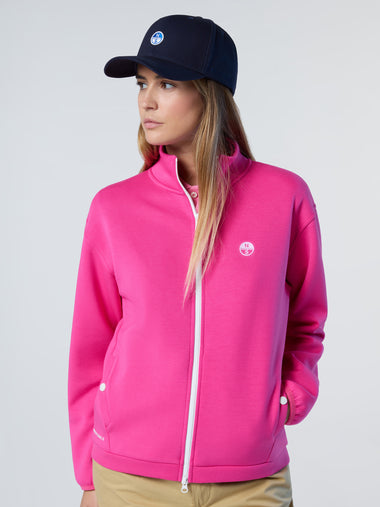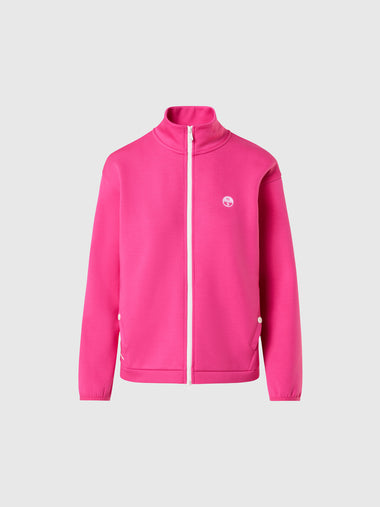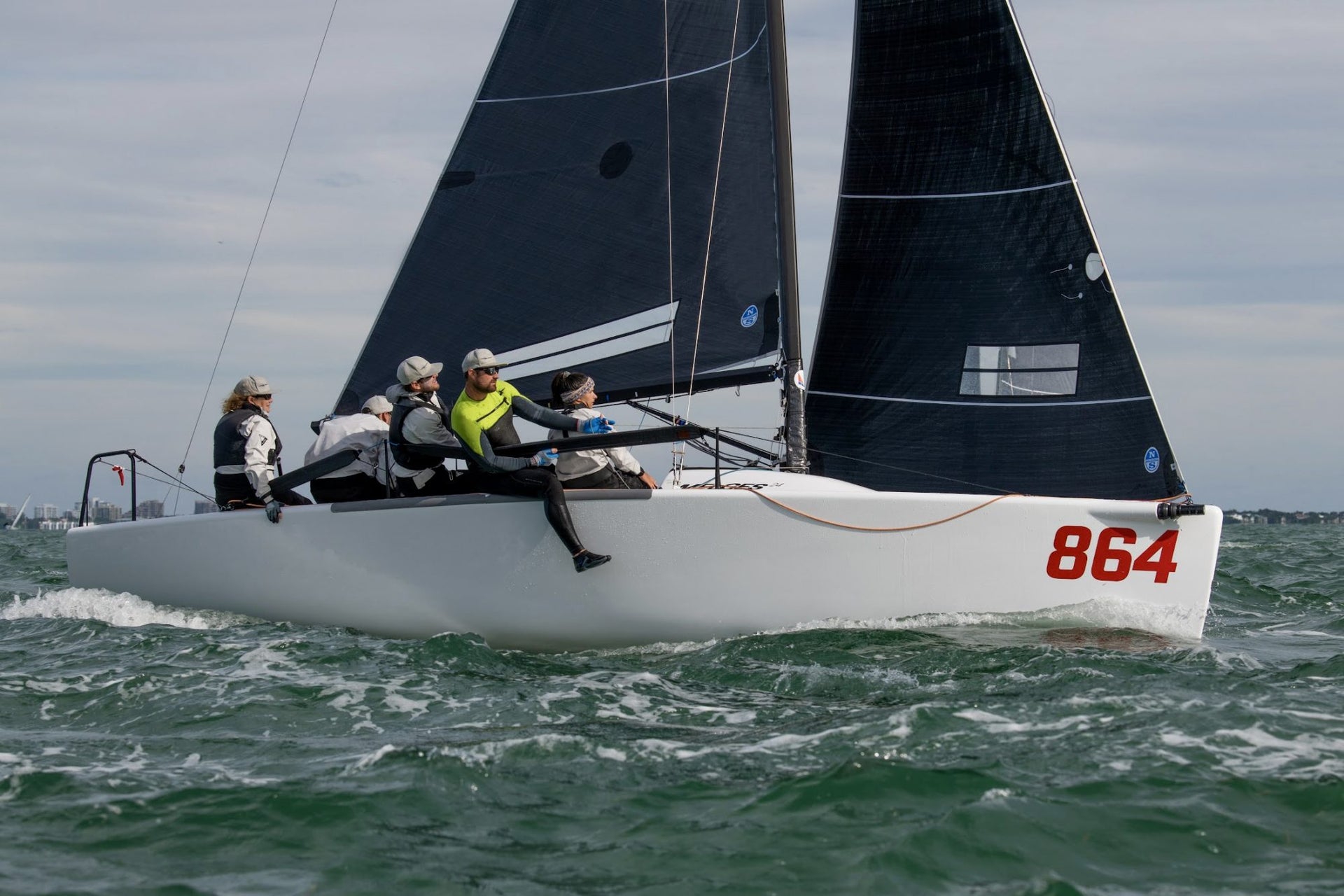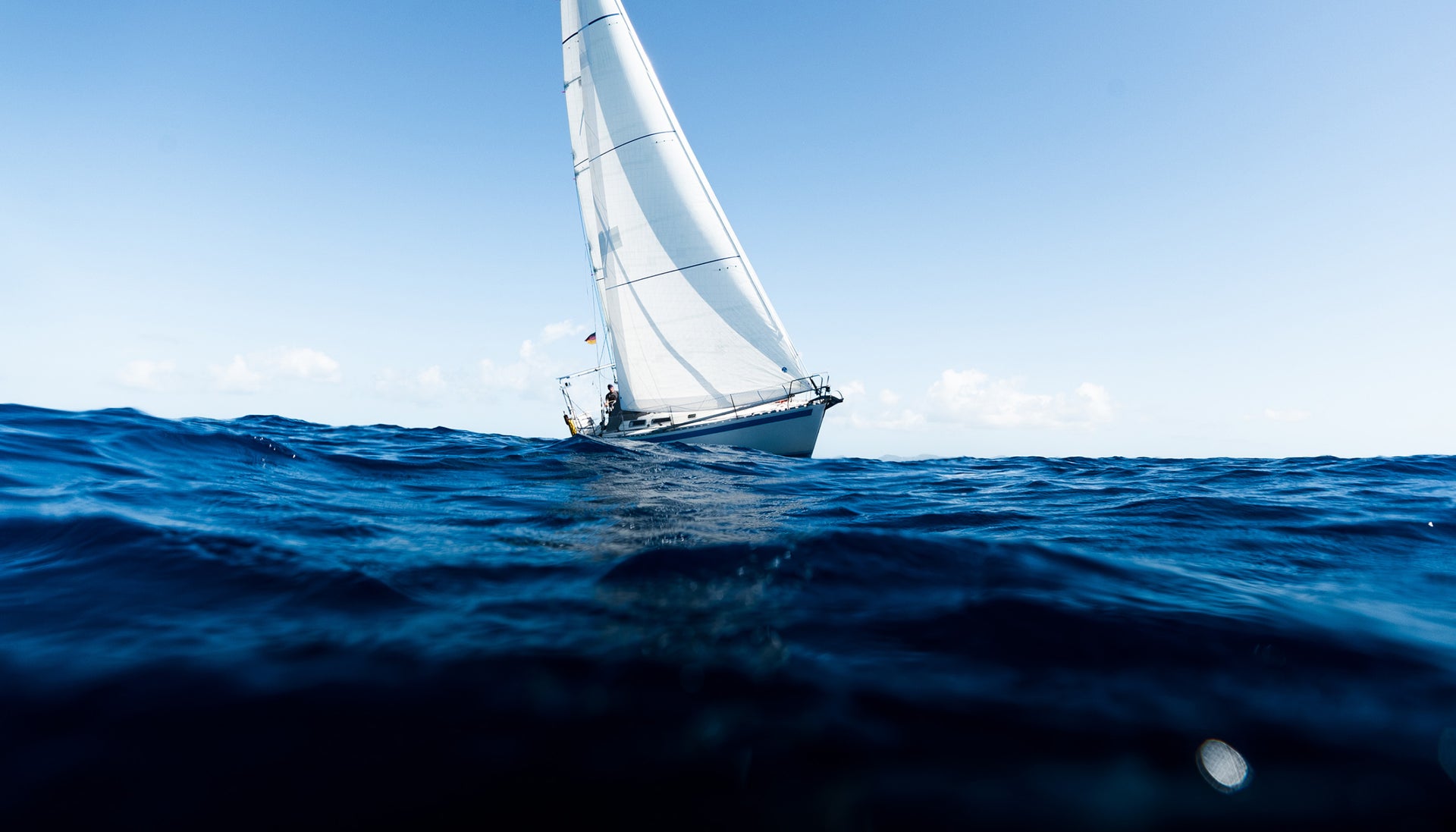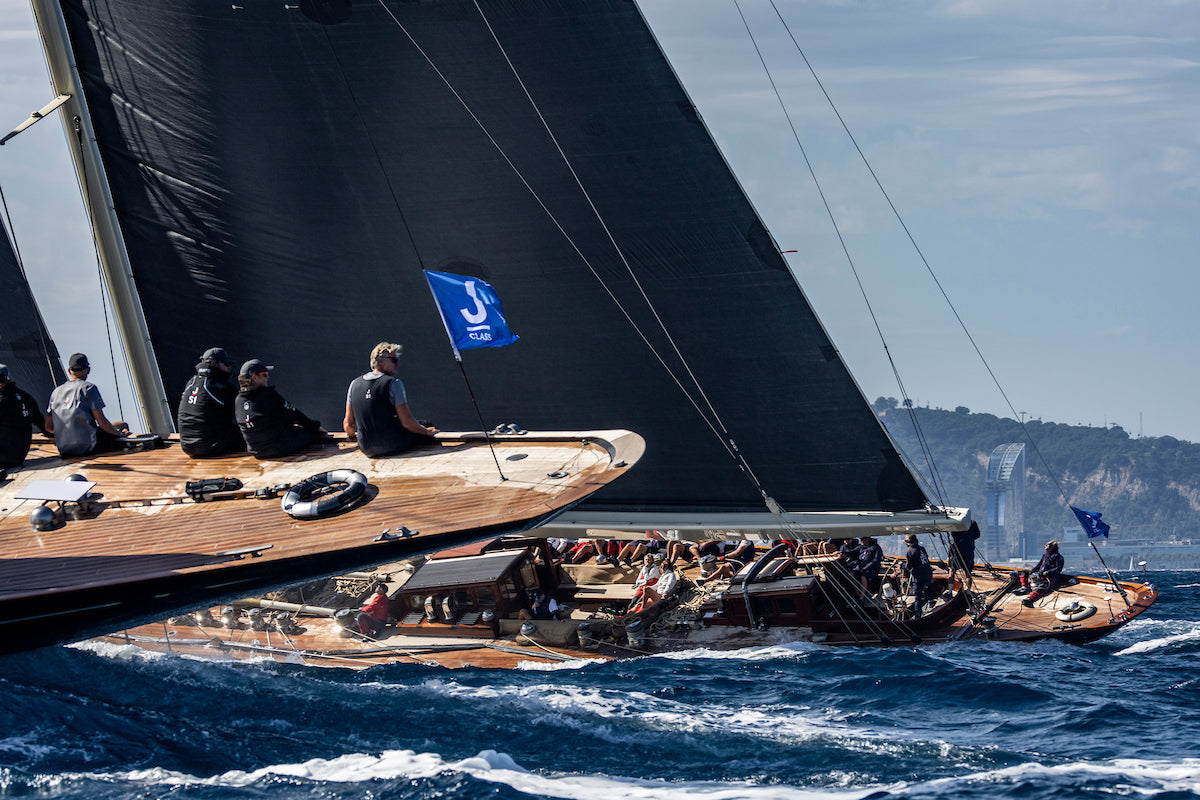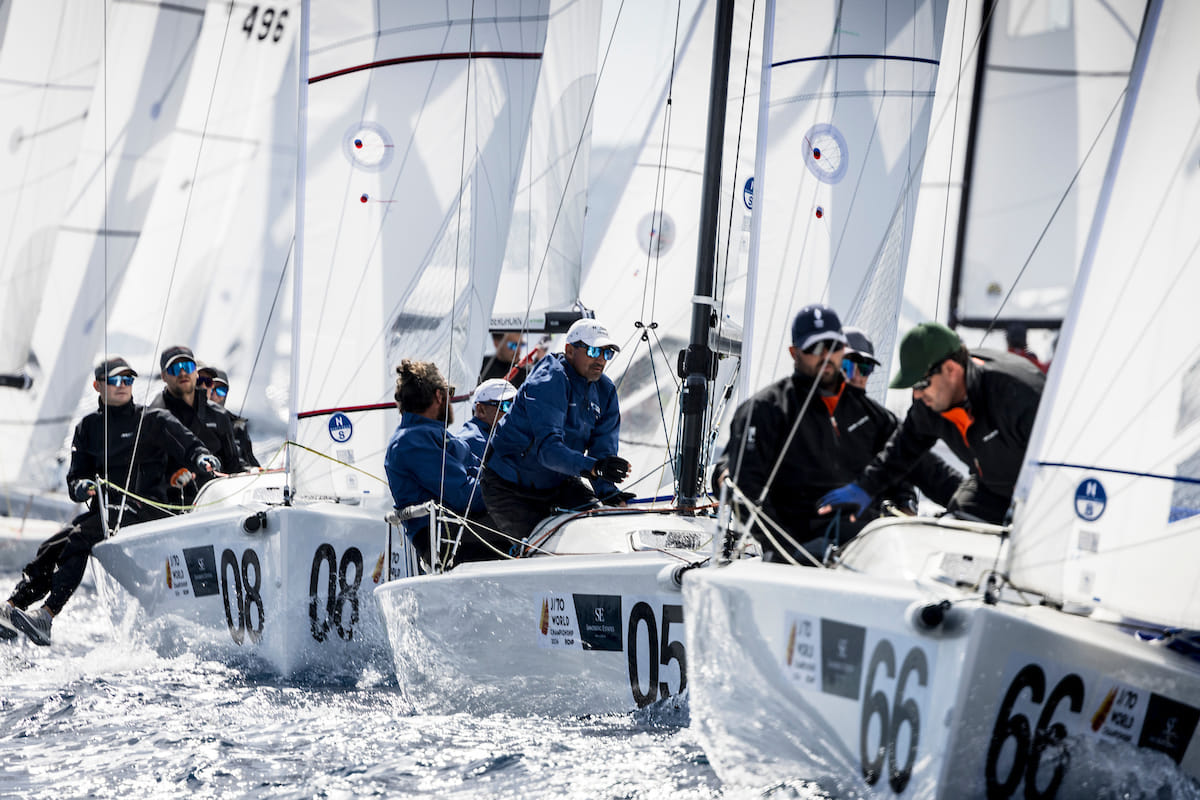LAURA GRONDIN: WINNING IN MULTIPLE ONE DESIGN CLASSES
LAURA GRONDIN: WINNING IN MULTIPLE ONE DESIGN CLASSES
After A 20 Year Break From One Design Racing, This Executive Has Come Back Strong In Both The Melges 24 And J/70

Laura Grondin grew up surrounded by sailors and raced with JJ Fetter at Yale, but it was only after twenty years of winning in the boardroom that she achieved success in the J/70 and Melges 24 fleets. “When I graduated from college in 1985, there really were not a lot of good opportunities to continue racing,” she says. So instead she threw herself into running a company and raising a family. It was only after a move to Groton, Connecticut, that she returned to the sport, first as crew for local fleet members. Then “I bought a twenty-four foot wooden boat , and we had some pretty disastrous races in the beginning. But I had this old book from my mother about how to tune and race an old wooden boat, so finally we got to the point where we won the fleet three years in a row.”
Her next purchase was a Melges 32, which she admits is not exactly an intuitive step from an old wooden classic. “It was a trial by fire for sure, and we mostly raced PHRF. At the same time, we had a growing fleet of Melges 24s in Fishers Island Sound, so we decided to buy one. And that really got us into fleet racing.” Though she makes it sound like those early days were a lifetime ago, the Melges 24 purchase was only about six years ago.
Laura had already volunteered to be the Melges 24 class treasurer when she learned that the international chair was leaving. As president of Virginia Industries, she understands what it takes to be a leader. “I’m one of these people … if I’m not sure who’s gonna be the new chair, I’d just as soon be the new chair!” So she got herself elected—and then, thanks to COVID, her first leadership act was to cancel the 2020 Melges 24 World Championship—”like three times; cancel, reschedule, cancel, just like everybody else.” The 2022 Worlds will be the first the class has held since 2019.
It was during this trying time that Mike Buckley introduced her to Taylor Canfield. “I guess you might say the rest is history,” she laughs, “because he and I seemed to work pretty well together on the boat.” In January 2021, the team started sailing the J/70 as prep for the 2021 Melges 24 Worlds. ”We were looking for more time starting, more mark roundings, all the things that are harder to get in smaller fleets,” she explains. “And there’s only so many events on the schedule. So that’s how we ended up on a J/70.” Less than a year later, the team finished third at the J/70 Worlds in Los Angeles, California.

“North Sails has been incredibly supportive,” she says. “John Bowden has come sailing with us, and anytime we have a question or concern or comment or anything else, he and North have been there.”
Asked about the differences between the J/70 and the Melges 24, Laura smiles. “I try to pretend that they’re not different, right? But I do need about a day switching back and forth. That first practice day, I might feel a little uncomfortable.” The transition from Melges 24 to J/70 is easier than the reverse, she continues, “because on the 70 I don’t touch the main at all. On the Melges 24, I have to take a hand in trimming the main. I do focus first on the driving; I have my little visual loop of telltales, water, wind and instruments.”
Running a business taught her the value of delegating, and she says one major reason for all of her racing successes is the team she’s built around her. Canfield is onboard, Buckley joined the team for the J/70 Worlds, and Scott Ewing was the fourth for their podium finish. Rich Peale came along with the first Melges 24 she bought, and “he’s been with us ever since; he’s a Corinthian, with a full-time engineering job. Cole Brauer has also been a part of the Melges 24 team consistently across events. It’s incredibly helpful to have a consistent team across the two boats.”
The team became early adopters of 3Di on the Melges 24, though Laura says she’s still getting used to what she calls “the black sails. But I figured we had to try them; we needed to not give that competitive advantage away.”
Asked to compare the 3Di inventory to the paneled inventory, Laura says the groove is a little narrower with 3Di, which makes them less forgiving. “There’s a theory that the paneled sails are better in light air, and the black sails are better in heavier air. But timing is everything; I’ve done more driving in the last year than I’ve done maybe in my entire life! So I’m better than I was a year ago. I was finally ready for the challenge.”
North Sails expert John Bowden says Laura’s team has been a big help with the development of 3Di. “When we first put 3Di on smaller boats like the Melges 24, the sails were too strong; they needed to be more dynamic. Through a lot of hard work with the team, we’ve been able to make them more forgiving. And now we’re seeing more success with them in lighter air. But ultimately, it’s important that people race with what they’re comfortable with. Laura’s got to look at the jib all day, and the difference in speed is not going to overcome the difference in her comfortability. She’s done a fantastic job of working with our product and helping us move forward.”
Laura’s team started out the winter season by winning regattas in both the Melges 24 (the first event of the Bacardi Cup Invitational) and the J/70 (DIYC Winter Series #2). Back in the Melges 24 again, she finished third at the Southernmost Regatta. Looking ahead, both the Melges 24 Worlds in May and the J/70 Worlds in October are on the calendar, along with several practice days and a few smaller regattas. “We’re also planning to do a couple of IC37 events,” she adds. “My husband does all our logistics and scheduling.”
Asked about her learning process, Laura says she carries “a little notebook” where she writes down a few things each day.
“Before we start up again, I look at my notes; what I find is that certain notes already have become ingrained. But there’s always one or two things in my head that I just did not do well at the last event. Taylor is a great tactician, but in his heart he’s a driver. So he is very quick with me if he’s unhappy with a maneuver; if we’re practicing, he’ll show me how to do things right. It’s like having an onboard coach, and it is really helpful. I don’t know that all tacticians do that; I told another skipper last week that he’s got somebody on his boat who knows how to drive—so if you’re struggling with that, let them help you! Taylor can’t tell me everything. And the less he has to coach me on my job, the more he can do as a tactician.”
“I’ve been leading in the business world for more than twenty years,” she says. “So I understand what it means to have people who take pride in themselves and in their work. North has been there for us, and so has my team.”


